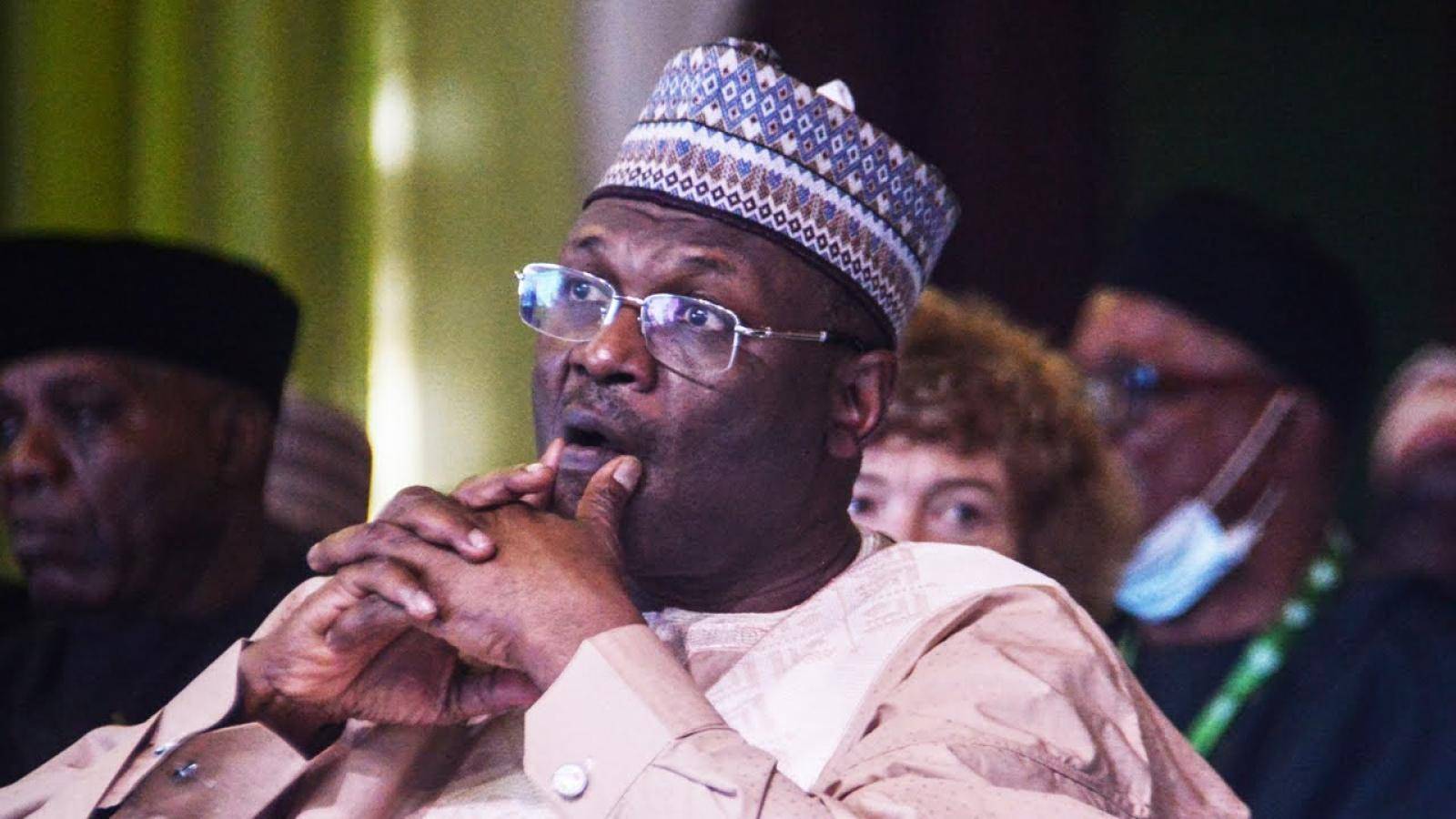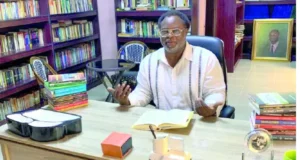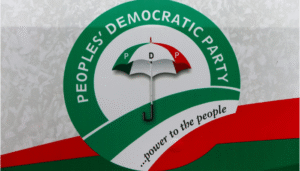Says, “despite boasting the biggest electoral register in Africa of 93.4 million voters, fewer than 25 million valid votes were counted in Nigeria’s 2023 election.”
Johnson Ebule, Lagos
The London-based political think-tank, Chatham House, has taken a swipe that the Independent National Electoral Commission (INEC) and its chairman, Prof. Mahmoud Yakubu, over the shoddy conduct of the February 25 presidential election which it said lacked credibility.
In a position paper posted on its website, Chatham House states that despite pontifications by INEC and its chairman, the conduct and outcome of the election clearly showed that the commission was never ready for the exercise despite operating a budget of N305 billion.
Describing the February 25 election as the worst ever conducted in Nigeria since 1999, Chatham House said the election fell short of expectation of Nigerians despite being the most expensive so far.
Prof. Yakubu had on January 17 gone before Chatham House to speak about how prepared the commission was for the February 25 election. However, Chatham House now says that “INEC’s performance and controversies over these results mean that the electoral reforms and lessons declared to have been learned were not fully applied”.
“According to the results announced by Mahmood Yakubu, chair of the Independent National Electoral Commission (INEC), the incumbent All Progressive Congress (APC) party candidate, Bola Ahmed Tinubu received 8.87 million votes – roughly one-third of the total – while his main challengers, Atiku Abubakar of the People’s Democratic Party in his sixth attempt and Peter Obi of the Labour Party, garnered seven million and 6.1 million votes respectively.
“The INEC’s performance and controversies over these results mean that the electoral reforms and lessons declared to have been learned were not fully applied and, as an electoral body, it was significantly less prepared than it claimed.
“The logistical failures of INEC and widespread delayed opening of polling units meant that voters who showed up at the polls early were frustrated and many voters and INEC staff were not able to locate their polling units for several hours.
“Thousands disenfranchised amid violence and irregularities. Nigerians queued in the sun and rain despite recurrent fuel crisis, epileptic power supply, record inflation, and a painful cash crunch. Yet thousands of voters were disenfranchised, and multiple irregularities as well as intimidation and violence have been noted by election observers.
“Less than half of eligible voters could participate in the elections despite the Commission’s N305 billion-naira budgetary allocation. While Nigeria’s youth seemed energized leading up to the elections, it seems their ability to turn out is still being hugely constrained by how difficult and potentially dangerous it is to cast a vote in Nigeria.
“The INEC’s performance and controversies over these results mean that the electoral reforms and lessons declared to have been learned were not fully applied
“At just 25.7 per cent, the elections have the lowest recorded turnout of any election since Nigeria returned to democracy in 1999, despite being the most expensive. These dwindling numbers highlight how Nigeria’s politics and state institutions continue to exclude rather than include.
“The commission’s patchy deployment of technology in the use of a Bimodal Voter Accreditation System (BVAS) is still being intensely scrutinized and criticized. It failed to adhere to its own statements and guidelines, which derive from its laws, that election results would be uploaded to its portal using the BVAS directly from the polling unit in real-time for the public’s viewing.
“Having just 23 per cent of the public’s trust going into the 2023 election, the need for strict transparency by INEC in this crucial phase of electronic results transmission cannot be overstated and should not be downplayed.
“The INEC’s sub-optimal performance must be taken seriously because Nigeria’s path to recovery and stability must follow the way of accountability and electoral integrity.
“When sworn in, Bola Tinubu will inherit a country made weaker economically, less secure, and diminished in stature under the leadership of his party.
“The monumental challenges that weigh Africa’s most populous country would not be easy for any leader, and the Nigerian people – especially the country’s youngest – have demonstrated strong resilience and have waited for far too long for a country that works for them.
“Tinubu’s party first came into power in 2015 through a campaign of change and he has won in 2023 by running a campaign for renewed hope. But many of the issues that worried the Nigerian electorate in 2015 are a bigger headache in 2023 – significantly due to the self-inflicted fiscal and monetary decisions of the president he will be succeeding.
“In the months leading up to his swearing, Tinubu needs to marshal an extraordinary amount of political capital, goodwill and consensus to redirect and reunite a fractured and volatile Nigeria”, Chatham House stated.





Join the Conversation